When US officials and former officials face lethal dangers for the work they did in office, they deserve protection from the country they served. That’s true whether they served the country well or poorly, whether they can pay for that protection themselves — most cannot — and whether they are loathed by the next administration.
Those are pitiful reasons for denying them protection. If today’s officials, or yesterday’s, are threatened because of what they did in office, they deserve protection. They may not deserve our gratitude. They may not deserve our thanks and appreciation. That depends on our assessment of their performance. But they deserve our protection from domestic terrorists and foreign actors such as Iran.
That should be a basic standard of prudence and decency. Unfortunately, both Presidents Trump and Biden have failed to meet it. Biden did so against several officials — more on that in a moment. Trump did so this week when he removed protection from Anthony Fauci, John Bolton and Mike Pompeo.
Scrapping that protecting is wrong both ethically and practically. The ethical duty should be obvious. These people are in danger because of the work they did in government, such as decisions they made as justices or ordering the killing of a senior Iranian military commander. Their lives shouldn’t be endangered for their actions in office. We owe them security.
Beyond that ethical duty, there are practical reasons to offer these officials protection.
The first is that when one administration removes protection from its political foes, it sets a dangerous precedent for future administrations to follow. If those administrations are from the opposing party, then you can expect tit-for-tat.
In this case, Biden set the precedent and the Trump administration is following it. Trump might have done so anyway, saying “the other side did it, too,” but the Biden administration’s action makes it much easier for Trump to do and to defend politically.
What did Biden do? His administration refused to protect Supreme Court justices who were facing lethal threats and denied protection to candidate Robert F. Kennedy Jr., whose personal security detail stopped a potential assassin in the same city where Kennedy’s father was killed.
The Biden administration’s inaction was shameful. So are similar steps by the Trump administration.
There is a second practical reason why it’s a mistake to remove protection from endangered officials and former officials. If something bad does happen, the administration that removed the necessary protection is likely to be held accountable. It certainly should be.
What about the financial cost? The sums are substantial for private individuals but trivial for the government. Even if a private individual is wealthy enough to afford a security detail, he should not need to bear this burden—not for performing government service. Of course, he can always choose to defray the costs, just as some government officials donate their paychecks. But he shouldn’t be forced to pay.
It is sad to see America reduced to this small-minded tit-for-tat. Our country is facing much bigger, more divisive issues. But protecting the people who have served our country — and are being threatened because of it—should not divide us. It should be a shared burden, borne together in a dangerous world.



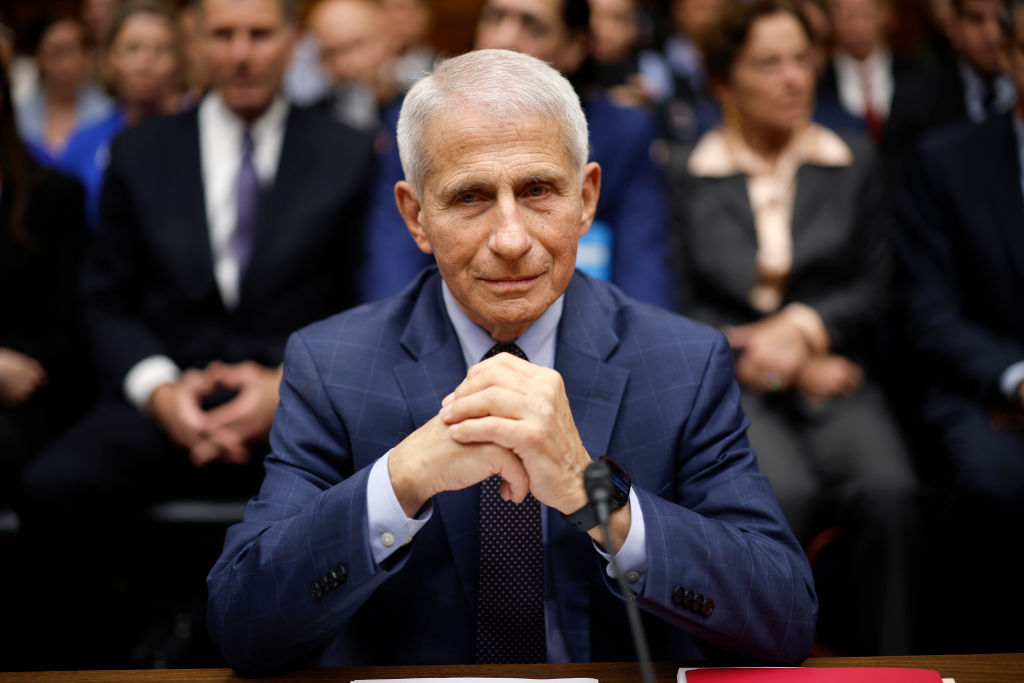






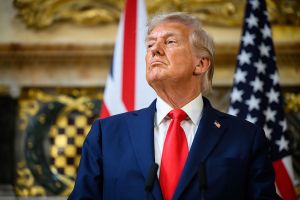
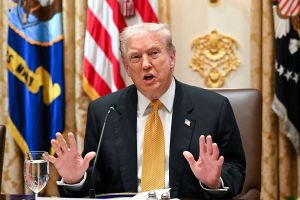
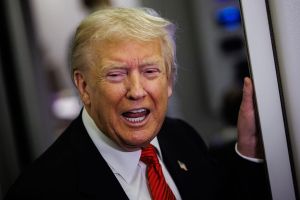
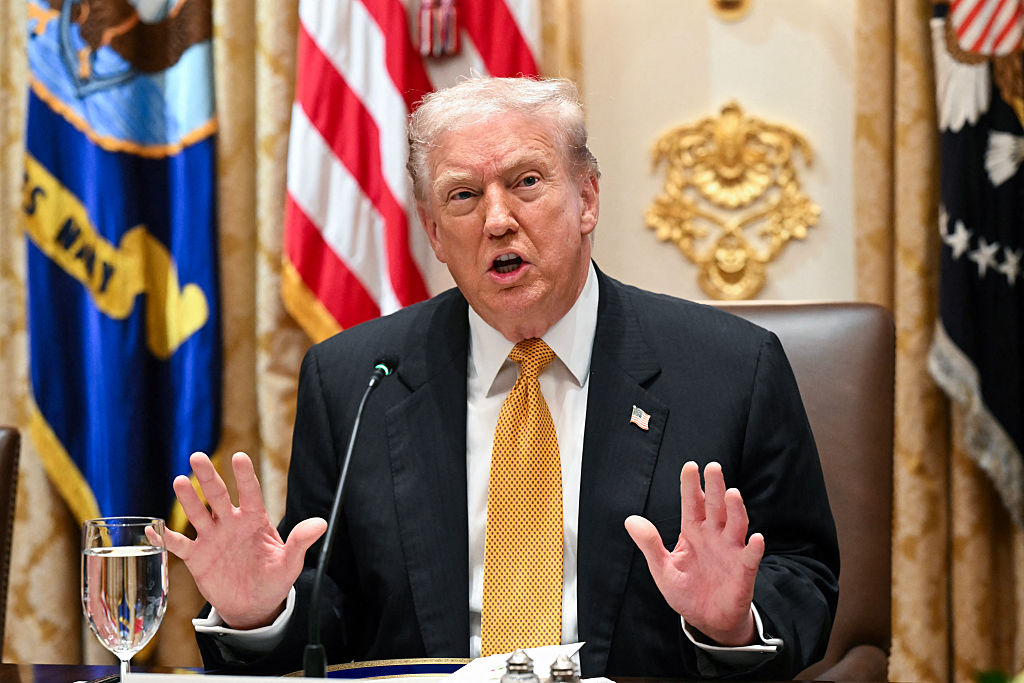
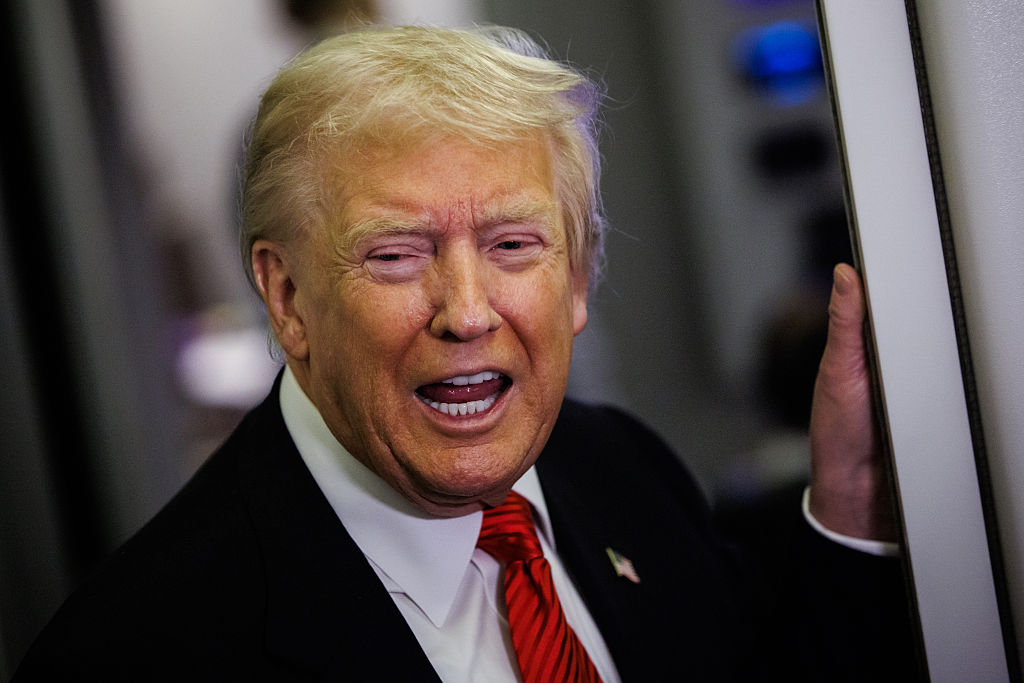
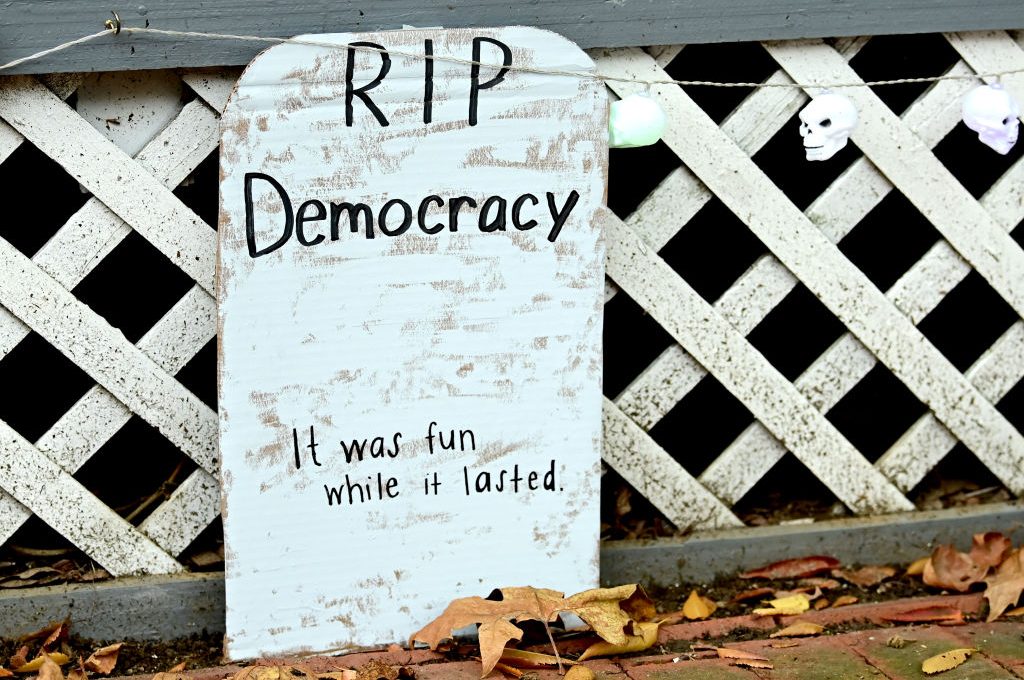
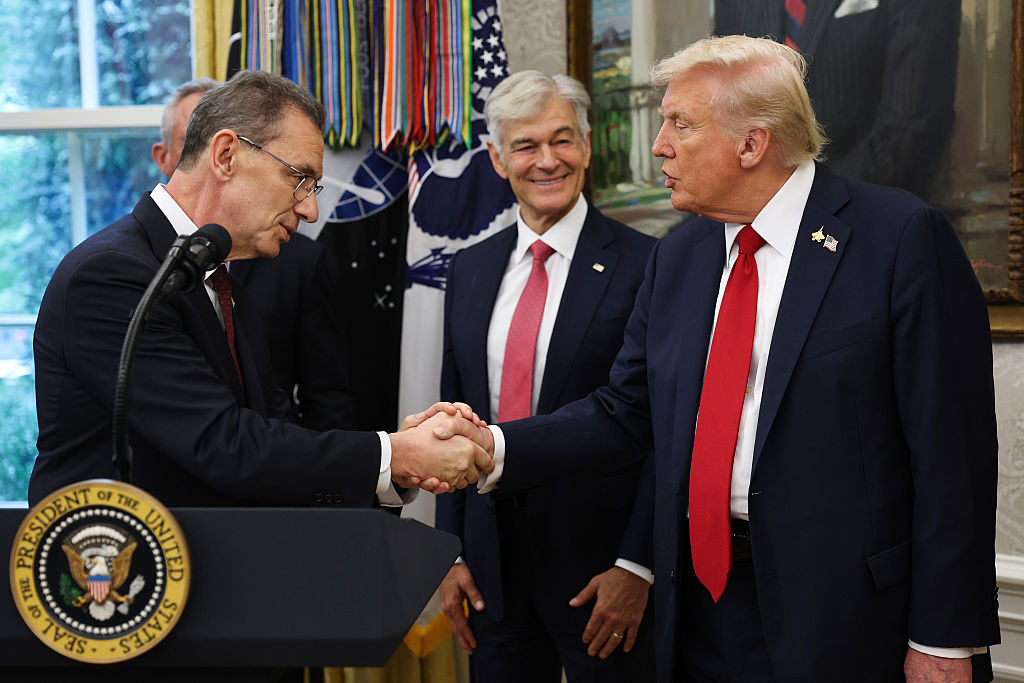
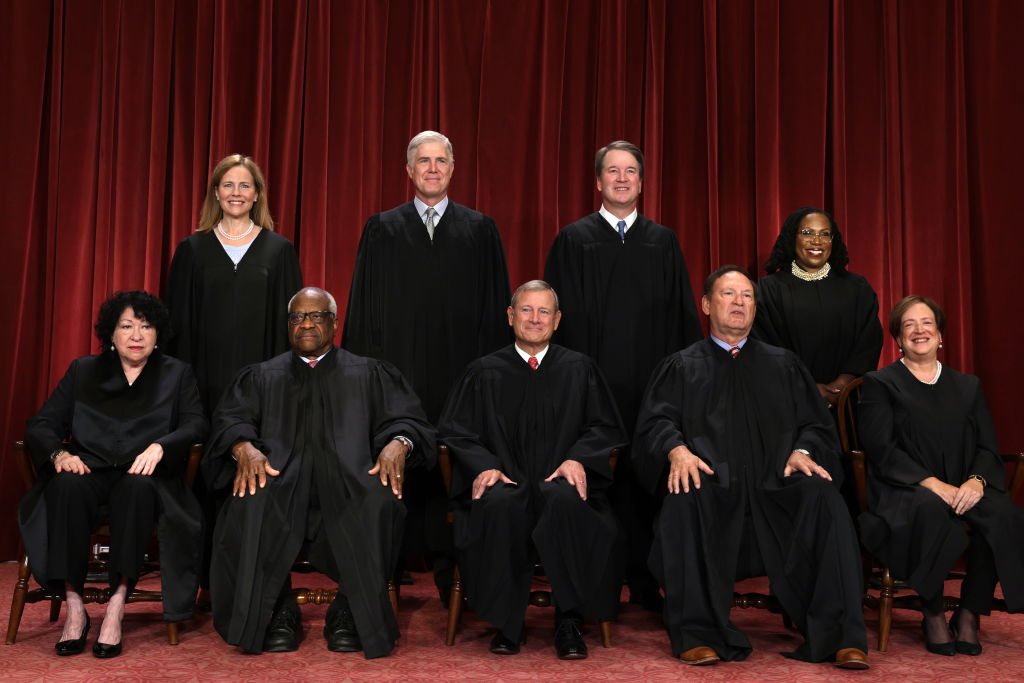
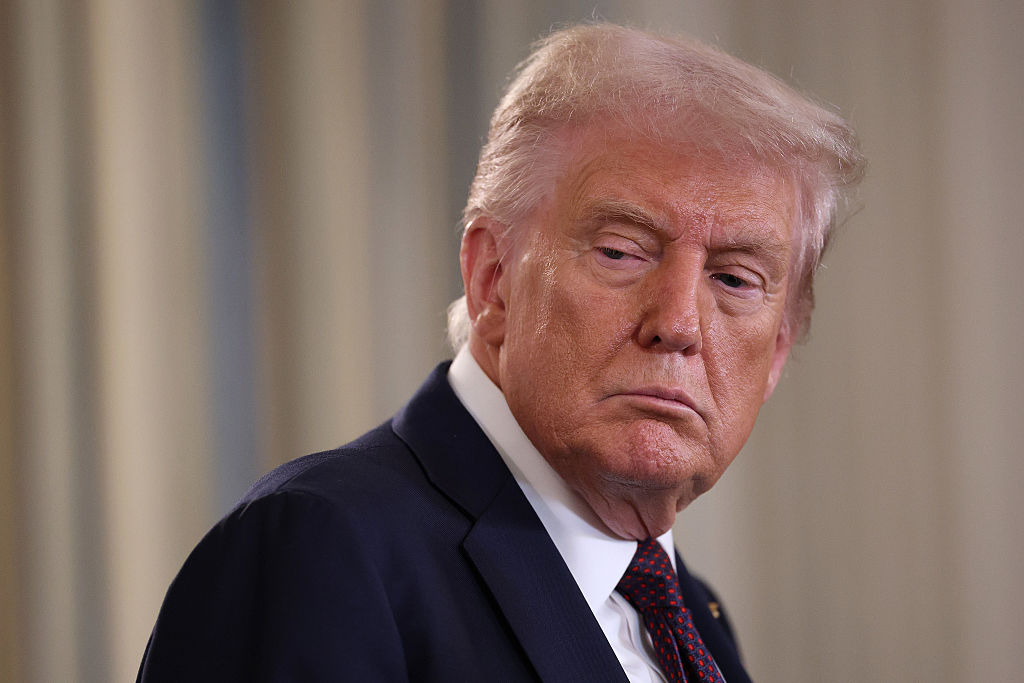







Leave a Reply